Hacking climate change, scientists’ masterstroke

Hey, boys and girls of the STEAM world! Get ready for a story that goes beyond the textbooks and takes us on a bold scientific journey. Yes, it’s time to talk about how a group of eggheads, led by Oregon State University science teachers, is launching an idea so innovative it will make even Einstein feel like a rookie! Imagine this: an international team of scientists is using a dataset that goes back 500 years! Yes, you heard right, they are digging into history to find a solution to the ecological and social disaster we all know as climate change, these are not just scientists, they are like the archeologists of ecology.
The heads of this operation, William Ripple and his squadron, have created a plan they call “restorative”. What does that mean? Basically, they are proposing a radical change in the way we do things, it’s not just about saving trees, it’s about building a world where we all have an equal chance to shine. These guys are taking a gamble by suggesting that their plan should be mixed with those serious climate models that the UN uses, known as the “shared socio-economic pathways”. Yes, those data sets that tell us where the world is headed if we keep going the way we are going.
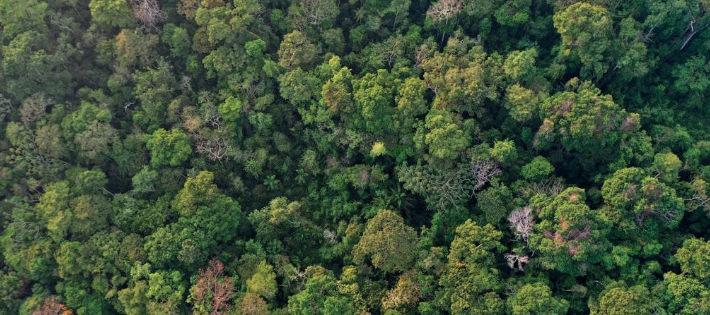

Ripple and his team say their plan is no cakewalk, they know, with emissions skyrocketing, politicians who seem more concerned about their Twitter feed than the planet, and people who still think climate change is a myth. But they are throwing it all on the table, proposing massive change through small steps. Unbelievable, isn’t it! And don’t think they’re just talking about trees and polar bears, these guys are into data ranging from population growth to income inequality. They are giving us a full movie, not just a trailer.
The icing on the cake is that their plan is not like those current plans that rely on mysterious technologies or that we are all swimming in cash. These guys are betting on a big social change, a more just and sustainable world, without depending on technologies that we don’t even know if they will exist. So what can we learn from these rockstar scientists? That we need a revolution, we are not talking about revolutions with banners, but about changing the way we live, from how we consume to how we treat our planet. This is not just another boring science report, it’s a call to action, it’s time to save the world, guys!
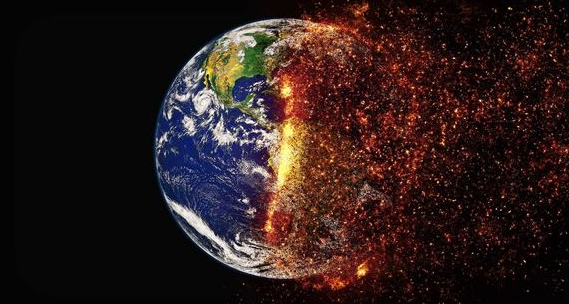
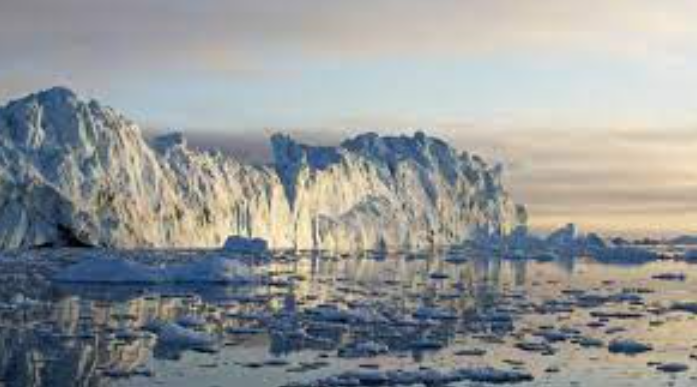
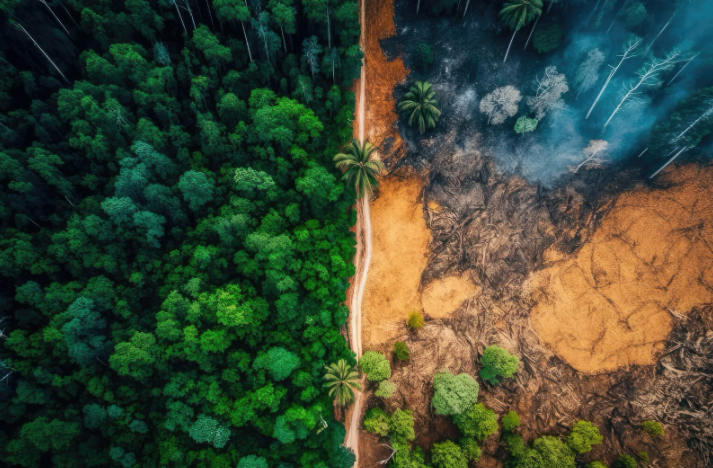
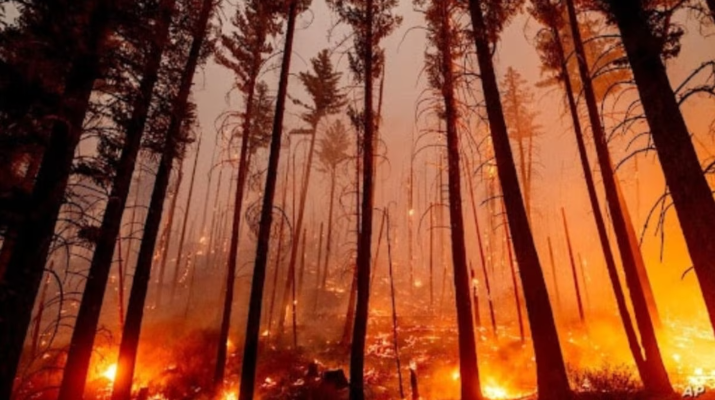

Responses